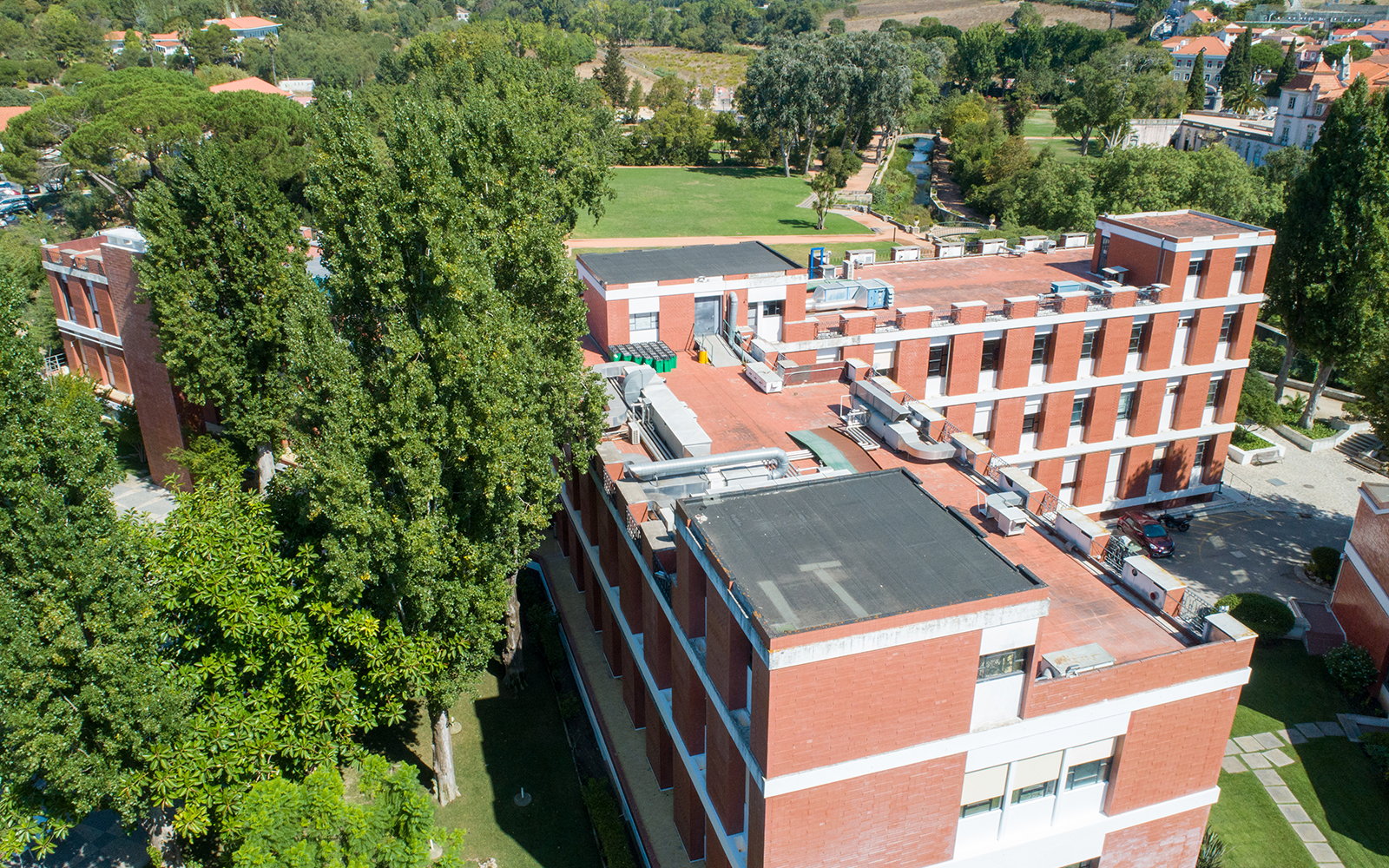Structural variation in the 3D genomic era: Implications for disease and evolution
Event Slider
Date
- / Cancelled / Sold out
Location
Virtual RoomSeveral seminars are held weekly at the Instituto Gulbenkian de Ciência, an initiative that aims to bring together all researchers around the topics under discussion.
The sessions, with internal researchers or guests, contribute to stimulate the open and extremely collaborative culture of the IGC.
You can read the abstract of this seminar to learn more about it.
The three-dimensional (3D) folding of chromatin is critical to accommodate the roughly two meters of DNA within the nucleus of a eukaryotic cell. On a large scale, chromosomes display a non-random nuclear organization, highly influenced by their gene density and transcriptional status. At sub-chromosomal resolution, the spatial organization of chromatin brings distant genomic sites into close proximity. At this level, topologically associating domains (TADs) emerge as a fundamental structural unit that guides regulatory elements to their cognate promoters, to induce transcription.
Structural and quantitative chromosomal rearrangements, collectively referred to as Structural Variation (SV), contribute to a large extent to the genetic diversity of the human genome and thus are of high relevance for cancer, rare diseases and evolutionary genetics. SVs can not only affect gene dosage, but also alter the copy number of regulatory elements or modify the 3D genome by disrupting higher-order chromatin organization such as TADs. As a result of these position effects, SVs can influence the expression of genes distant from the breakpoints, thus causing the appearance of certain pathogenic phenotypes or evolutionary traits.
In this talk, I will show examples at different genomic loci, highlighting the potential of SVs to induce developmental disease by distinct pathomechanisms. Furthermore, I will discuss about the iberian mole Talpa occidentalis, a unique case of true XX mammalian hermaphroditism, and a prominent example of how SVs can also be a force of evolutionary innovation.
SPEAKER
Darío Lupianez
Max Delbruck Center for Molecular Medicine, Berlin

